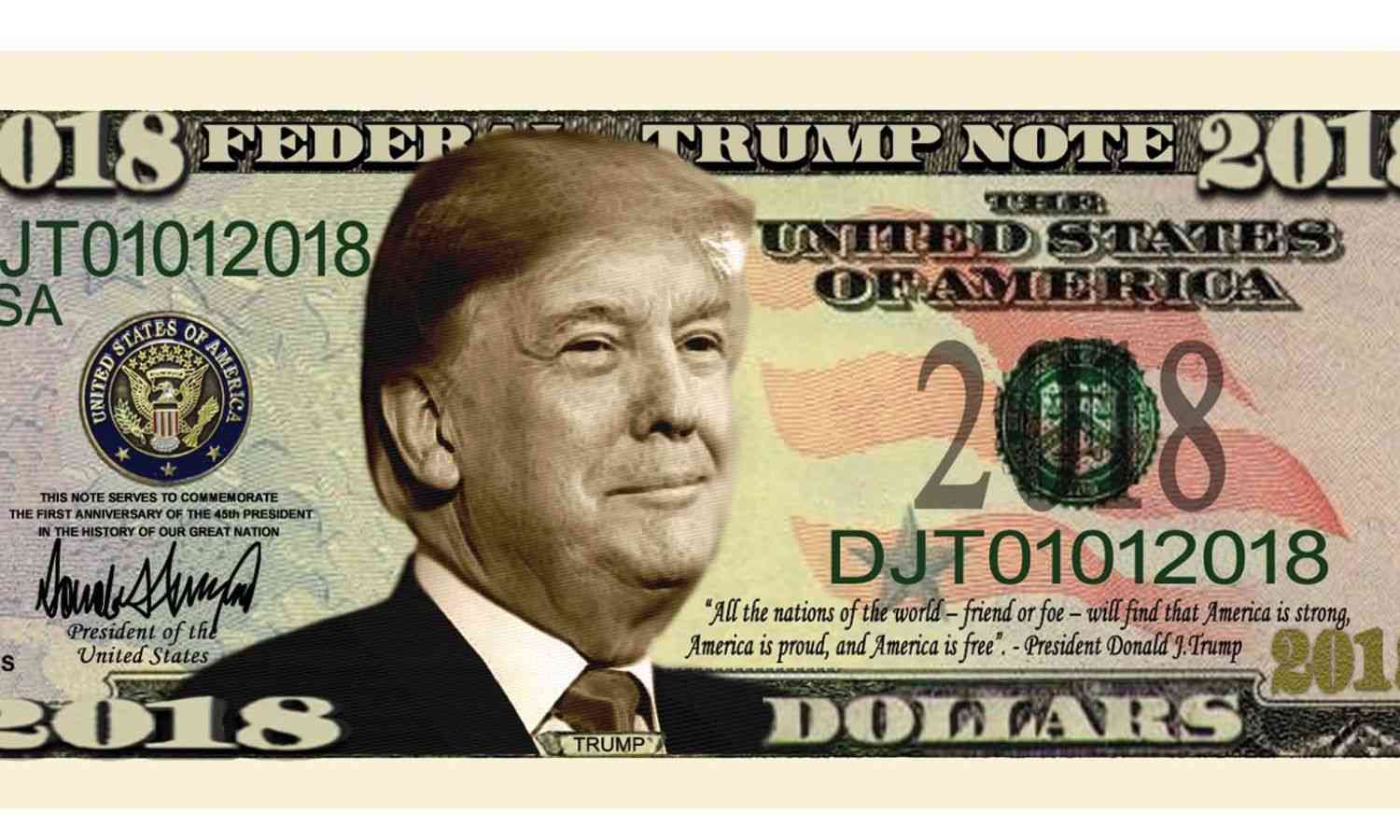On Monday, February 3, 2025, Indian equity markets experienced significant declines, influenced by global reactions to newly imposed U.S. tariffs.
The market's decline was primarily driven by U.S. President Donald Trump's announcement of substantial tariffs: 25% on imports from Canada and Mexico, and 10% on goods from China. These measures have heightened concerns about a potential global trade war. The Indian rupee also faced pressure, weakening past 87 per U.S. dollar, reflecting broader declines in Asian currencies amid escalating trade tensions.
Analysts caution that the combination of weak corporate earnings, a depreciating rupee, and sustained foreign institutional investor (FII) outflows could lead to continued market volatility. In January 2025 alone, FIIs have sold equities worth ₹48,023 crore.
Trump’s Tariffs and Global Impact
President Trump’s unexpected decision to impose a 25% tariff on imports from Canada and Mexico and a 10% tariff on Chinese goods has heightened fears of a full-blown global trade war. While the White House justified the move as a measure to protect American jobs, the financial markets reacted sharply.
The U.S. dollar strengthened significantly, with the Dollar Index rising to a six-month high, causing further strain on emerging market currencies, including the Indian rupee.
Rupee Weakens Past 87 Against the Dollar
The Indian rupee breached the 87-per-dollar mark, reflecting pressure from a stronger greenback and foreign investor outflows. A weak rupee often worsens India’s trade deficit, making imports—especially crude oil—more expensive. This added to concerns about rising inflation and its potential impact on interest rates.
Foreign Investors Exit Indian Markets
Foreign Institutional Investors (FIIs) have continued their selling spree, offloading ₹48,023 crore worth of equities in January 2025 alone. Analysts believe that concerns over India’s high valuations, slowing corporate earnings, and uncertainty in global markets have led to sustained outflows.
Global Markets Also in Turmoil
Indian markets were not alone in their decline. Asian and European indices also tumbled, with Japan’s Nikkei and Hong Kong’s Hang Seng falling by over 2%. European stocks opened sharply lower, with the FTSE 100 and Germany’s DAX shedding over 1.5% in early trade.
Commodities and Cryptocurrencies Take a Hit
With the strengthening dollar, gold prices fell nearly 1.2%, while crude oil prices also declined on fears of reduced global demand. Even Bitcoin and other cryptocurrencies saw a correction, with Bitcoin sliding below $38,000 as risk appetite dwindled.
The imposition of these tariffs has not only impacted Indian markets but has also led to significant downturns in global stock markets, with notable declines in Asian and European indices. The U.S. dollar has strengthened against a basket of currencies, while commodities and cryptocurrencies have experienced declines.
Market analysts expect further volatility in the coming days as investors react to global uncertainties. The focus will now shift to the Reserve Bank of India’s (RBI) monetary policy review, scheduled for later this week. With the rupee weakening and inflation concerns rising, the RBI may consider a more cautious stance on interest rates.
Experts suggest that long-term investors should stay cautious but not panic, as volatility is expected to persist. Short-term traders, however, may need to brace for more downside risks.
© Copyright 2024. All Rights Reserved Powered by Vygr Media

























